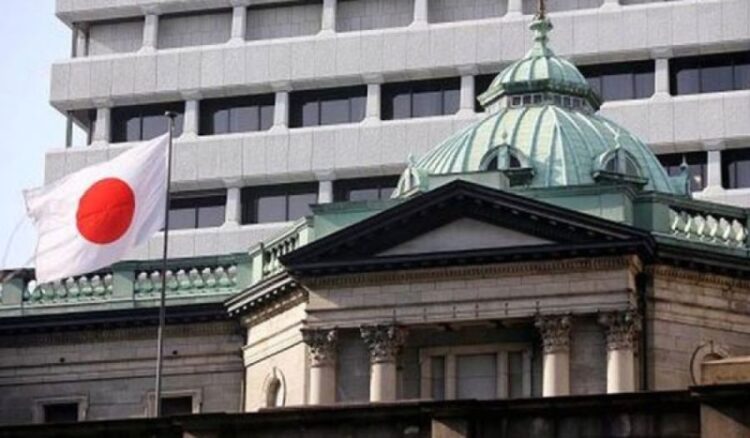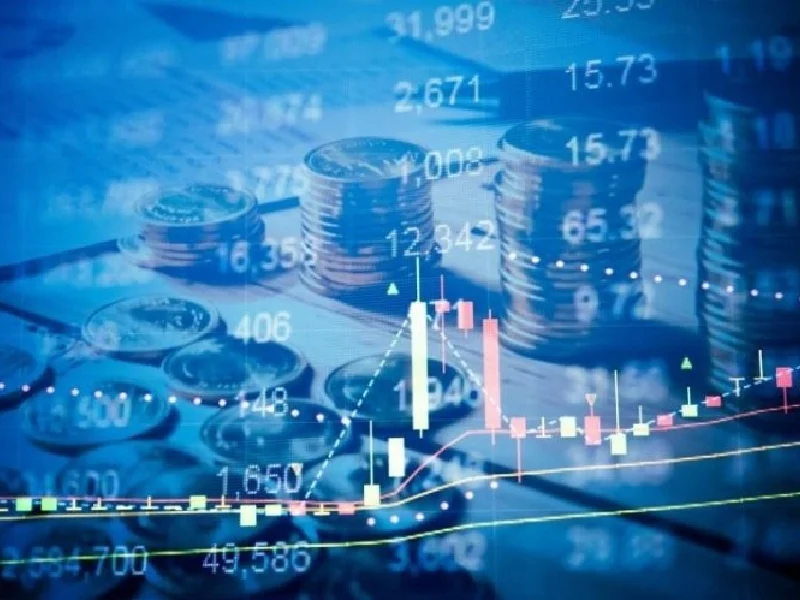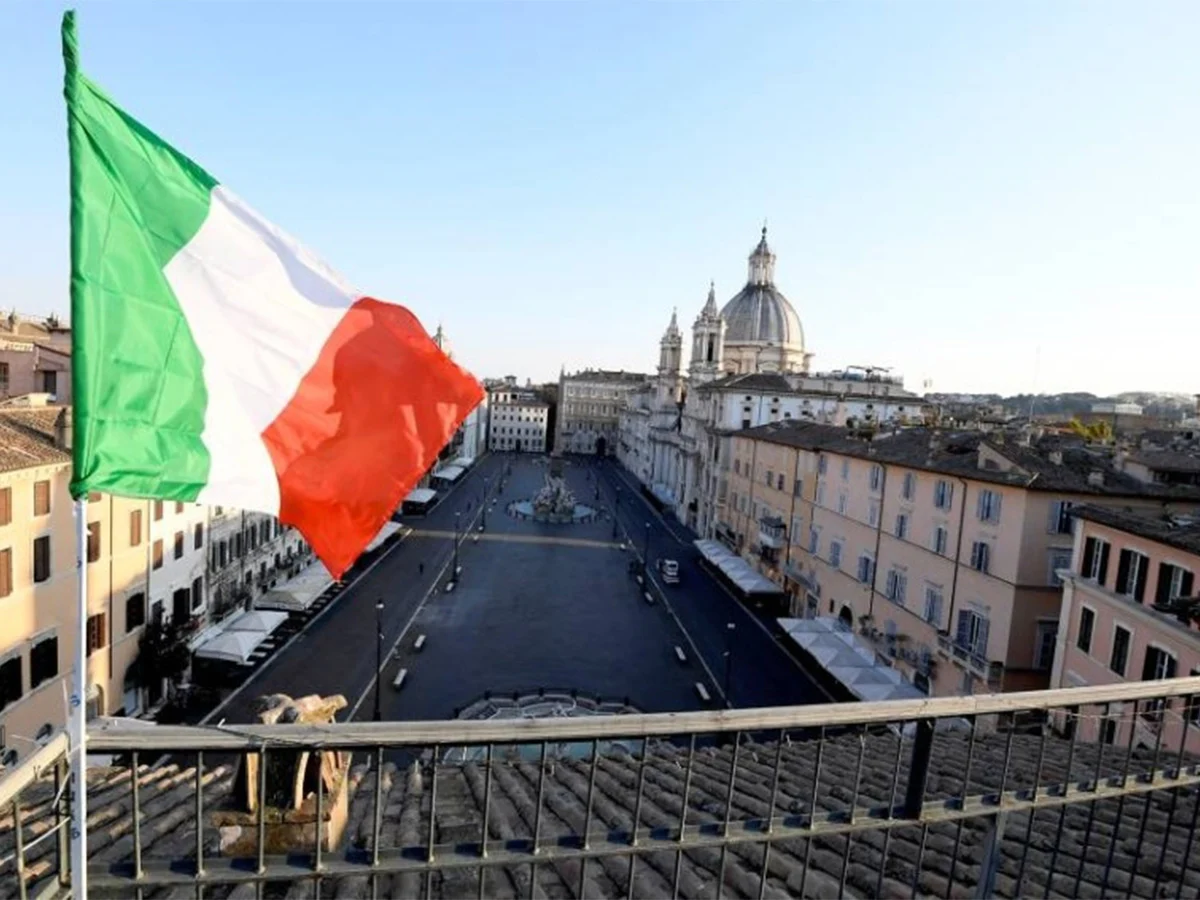Publisher: Maaal International Media Company
License: 465734
WSJ: Japan’s interest rate hike linked to Trump’s inauguration speech
اقرأ المزيد
The American newspaper “Wall Street Journal” quoted informed sources as saying that the Bank of Japan “the Japanese Central Bank” appears to be preparing to raise interest rates, awaiting the repercussions of US President Donald Trump’s inauguration speech on global markets, as Trump pledged to renew the US trade system, promising to impose customs duties and taxes on countries to support Americans.
The Bank of Japan will hold its first monetary policy meeting in 2025 on January 23 and 24, 2025, amid mixed expectations about the interest rate decision, and uncertainty about the fate of the global economy, at a time when Trump confirmed in his inauguration speech as US President that “instead of imposing taxes on our citizens to enrich other countries, we will impose customs duties and taxes on foreign countries to enrich our citizens.” The newspaper added that market expectations of an imminent interest rate hike gained momentum last week with the pledge of Bank of Japan Governor Kazuo Ueda and one of his deputies to discuss whether to raise interest rates from their current level of 0.25 percent at a two-day meeting.
It pointed out that since the central bank kept its monetary policy steady at its previous meeting in late December, the BOJ governor has repeatedly said that wage trends in Japan and US economic policies will be important factors in determining the next interest rate hike. He also said that he wants to see more positive data to feel more confident in making the decision.
Policymakers generally agree, according to the newspaper, that Japan’s domestic economy is on track to achieve the bank’s goal of stabilizing inflation at 2 percent, supported by wage growth. If Trump’s comments stoke inflation, which would result in less interest rate cuts, this could prompt central bankers elsewhere to review their monetary policy paths. The Wall Street Journal also quoted informed sources as saying that policymakers at the bank have become more confident about wage growth in Japan after hearing positive feedback from local companies, which were recently gathered by the central bank’s branch managers. Japan’s largest labor union group is seeking to increase wages by more than 5 percent this year, while some major companies have promised strong salary increases. The informed sources added that the Japanese central bank should not necessarily wait for the initial results of the annual wage negotiations, scheduled to be released in mid-March, adding that if the Bank of Japan waits too long, it could give the markets the impression of being overly lenient. Trump confirmed, during a speech under the Capitol dome, that he will expel millions of people residing illegally in the United States, which could affect the availability of labor and thus create what is known as a tight market, in which the number of jobs is greater than the number of vacancies, which increases the cost of workers and transfers this increase to goods or services and raises inflation. The Wall Street Journal reported that the market reaction is likely to influence the Bank of Japan’s decision this week, as it is likely to take some time before the details and actual implications of Trump’s statements become clear.
Regardless of what the Japanese central bank decides, according to the newspaper, it is likely to continue adjusting monetary conditions throughout the year by eventually raising interest rates towards a level it considers neutral. A neutral interest rate is one that does not have a stimulating or restrictive effect on the economy, in other words, one that allows the economy to grow at a sustainable rate without causing hyperinflation or recession.
For its part, Bloomberg News reported that after decades of weak prices and weak economic growth, Japan appears close to achieving stable inflation with strong wage growth, which will enable the Bank of Japan to raise borrowing costs to levels seen in other major economies. About 90 percent of economists surveyed by Bloomberg this month say prices and economic conditions justify a rate hike from 0.25 percent, and about three-quarters of economists surveyed expect the central bank to move rates this week. Overnight swaps on Friday briefly showed that a January rate hike was almost entirely expected among traders. Economists point to the Japanese yen as another factor. The currency is hovering near 160 to the dollar after billions of dollars were pumped into the market to support the yen last year. A rate hike would narrow the gap between U.S. and Japanese rates, giving the currency a boost.








